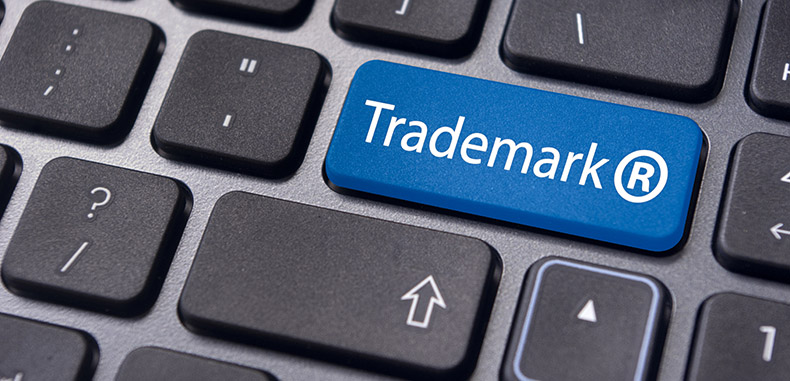In a recent decision, the Norwegian Board of Appeals confirmed the rejection decision issued by the Norwegian Industrial Property Office (NIPO) and declined Facebook’s claim to register the WhatsApp Logo for a variety of products and services, such as software and telecommunication services. This decision is surprising, not just based on the insertion of this logo as a mark in the world’s routine, but also because it may be the result of failure of the evidence submitted to support the trademark distinctiveness.
The Norwegian Board of Appeals sustained that the trademark was unable to function as a “symbol of commercial origin”, and that its level of distinctiveness was deemed insufficient to be registered as a trademark, confirming the NIPO’s rejection decision.
It is unthinkable that Facebook would have a hard time proving the distinctiveness of the WhatsApp’s logo, since we as consumers immediately connect this symbol to its products and services as soon as we see it anywhere. Therefore, what comes to our mind is that the gathering of evidence in this case was not as careful as the circumstances required.

Therefore, this situation clearly shows that the investment in marketing, publicity and sales should not be the only focus a company should have to build a strong and valuable trademark, it is likewise of great importance to care about all legal aspects that involve the protection of that mark.
The owner of a trademark that has its distinctiveness challenged shall not rely only on the supposed fame and large recognition of the sign, instead sufficient time and effort should also be devoted to gather evidence of the dissemination of the sign in the relevant market. The proof of distinctiveness can be, in some cases, as important as the distinctiveness itself.
The failure of proving a mark is registrable and has – or has acquired by virtue of extensive use – sufficient distinctiveness could be, in the end, disastrous to the business results as a whole, especially if the company has already put a lot of effort and money to establish the sign in the market and to connect to its products and/or services.
In the worst-case scenario, all the investment already made in a mark might be in vain if the necessary legal care is not taken properly.
—
Lawyer Author of the Comment: Gabriela Miranda
Headline: Bad news for WhatsApp as Norwegian Board of Appeal refuses to register logo
“If you want to learn more about this topic, contact the author or the managing partner, Dr. Cesar Peduti Filho.”
“Se quiser saber mais sobre este tema, contate o autor ou o Dr. Cesar Peduti Filho.”















